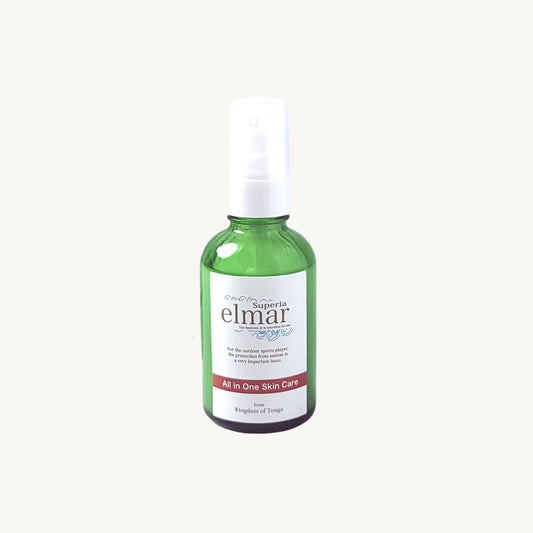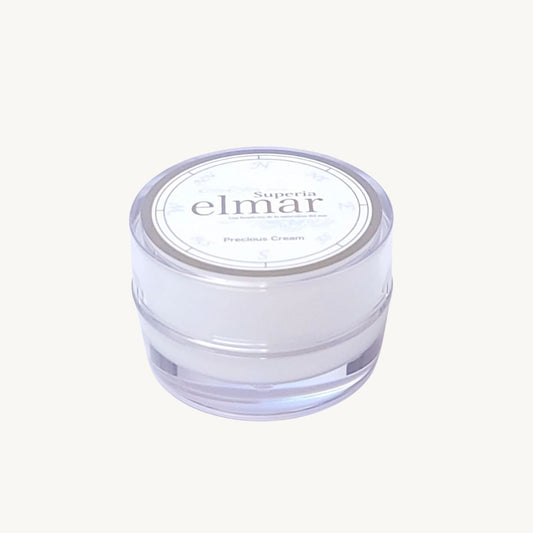Omega-3 fatty acids improve intestinal function and suppress inflammation. They can be obtained from fish and flaxseed oil.
Omega-3 fatty acids are important nutrients for the body, especially in maintaining a healthy lifestyle. Below we provide some basic information about omega-3 fatty acids.
### The main types of omega-3 fatty acids:
- **Alpha-Linolenic Acid (ALA):**
- Plant-based omega-3 fatty acids.
- Found in chia seeds, flaxseeds, and walnuts.
- It is converted into eicosapentaenoic acid (EPA) and docosahexaenoic acid (DHA) in the body.
- **Eicosapentaenoic Acid (EPA):**
- Found in large amounts in fish oil and algae oil.
- It may help reduce inflammation, maintain cardiovascular health, and improve immune function.
- **Docosahexaenoic Acid (DHA):**
- Abundant in fish oil, algae oil, and fish fat.
- Involved in brain development, vision maintenance and heart function.
### Main benefits and health effects of omega-3 fatty acids:
- **Cardiovascular Health:**
- EPA and DHA may reduce blood triglycerides and slow the progression of arteriosclerosis.
- **Suppression of inflammation:**
- EPA and DHA may reduce the inflammatory response, which may relieve symptoms of arthritis and other inflammatory diseases.
- **Brain development and cognitive function:**
- DHA is important for brain structure and may affect fetal brain development and adult cognitive function.
- **Antidepressant Effects:**
- Omega-3 fatty acid supplements may improve symptoms of depression.
- **Eye Health:**
- DHA is abundant in the retina and contributes to maintaining vision.
- **Improves immune function:**
- EPA and DHA may modulate immune function and contribute to the normal functioning of the immune system.
### Adequate Sources:
- **Fish Oil:**
- Fish oils are the primary source of EPA and DHA, including oils from oily fish (salmon, tuna, herring) and algae oils.
- **Linseed oil:**
- A major source of ALA, providing plant-based omega-3 fatty acids.
- **Walnut:**
- High in ALA, it is an easily accessible source of omega-3 fatty acids.
- **Chia seeds:**
- High in ALA and easy to add to foods and drinks.
- **Algae Oil:**
- A plant-based option that provides DHA, especially suitable for vegetarians and vegans.
Omega-3 fatty acids should ideally come from a balanced diet, but supplements may be considered if necessary - however, it's important to discuss this with your doctor or nutritionist based on your health and individual needs.
~~~~~~~~~~~~~~~~~~~~~~~~~~~~~~~~~~~~~
"Our skin tells the story of our lives. It reflects our character." - Diana Vreeland
~~~~~~~~~~~~~~~~~~~~~~~~~~~~~~~~~~~~~
May today be a wonderful day for you and your skin.




